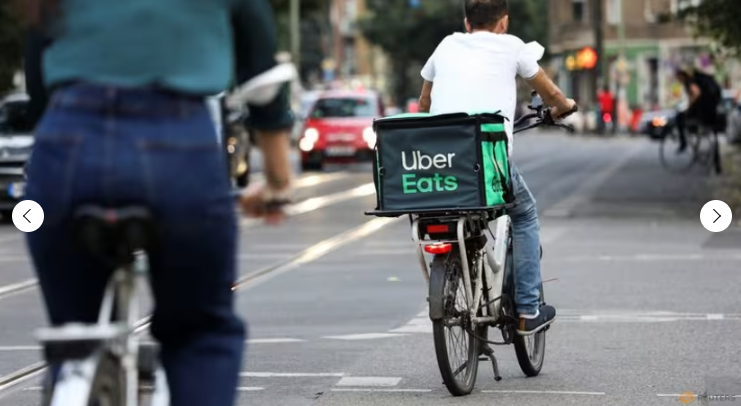Skip to content
- LONDON : A significant victory for Estonian ride-hailing and food delivery startup Bolt against Britain’s tax authority last week could prove to be good news for its rival Uber.
- Bolt took on HM Revenue and Customs (HMRC) over whether it was due to pay a 20 per cent tax charge on its gross income from customers or its margin.
- The company had argued it should be allowed to use a tax scheme originally created for tour operators or travel agents, called the Tour Operators Margin Scheme (TOMS).
- This meant Bolt would only pay value added tax (VAT) on its margin, a claim which was rejected by HMRC.
- But a London tax tribunal decided on Friday that the services supplied by Bolt are “services of a kind … commonly provided by tour operators or travel agents”, meaning Bolt only has to pay VAT on its margin.
- Bolt declined to comment on the decision.
- An HMRC spokesperson said: “We are disappointed with the result and are carefully considering the tribunal’s decision.
- “Our view remains that the Tour Operators Margin Scheme does not apply to mini-cab businesses.”
- The tribunal’s decision did not state the difference in Bolt’s tax liability, though it is likely to be significant.
- The decision also raises the possibility of Uber being victorious in its similar battle with HMRC, which Uber’s financial results from August state is worth around 386 million pounds ($490 million).
- The hearing of Uber’s case is set to take place in 2024. Uber declined to comment on last week’s decision in Bolt’s case.
